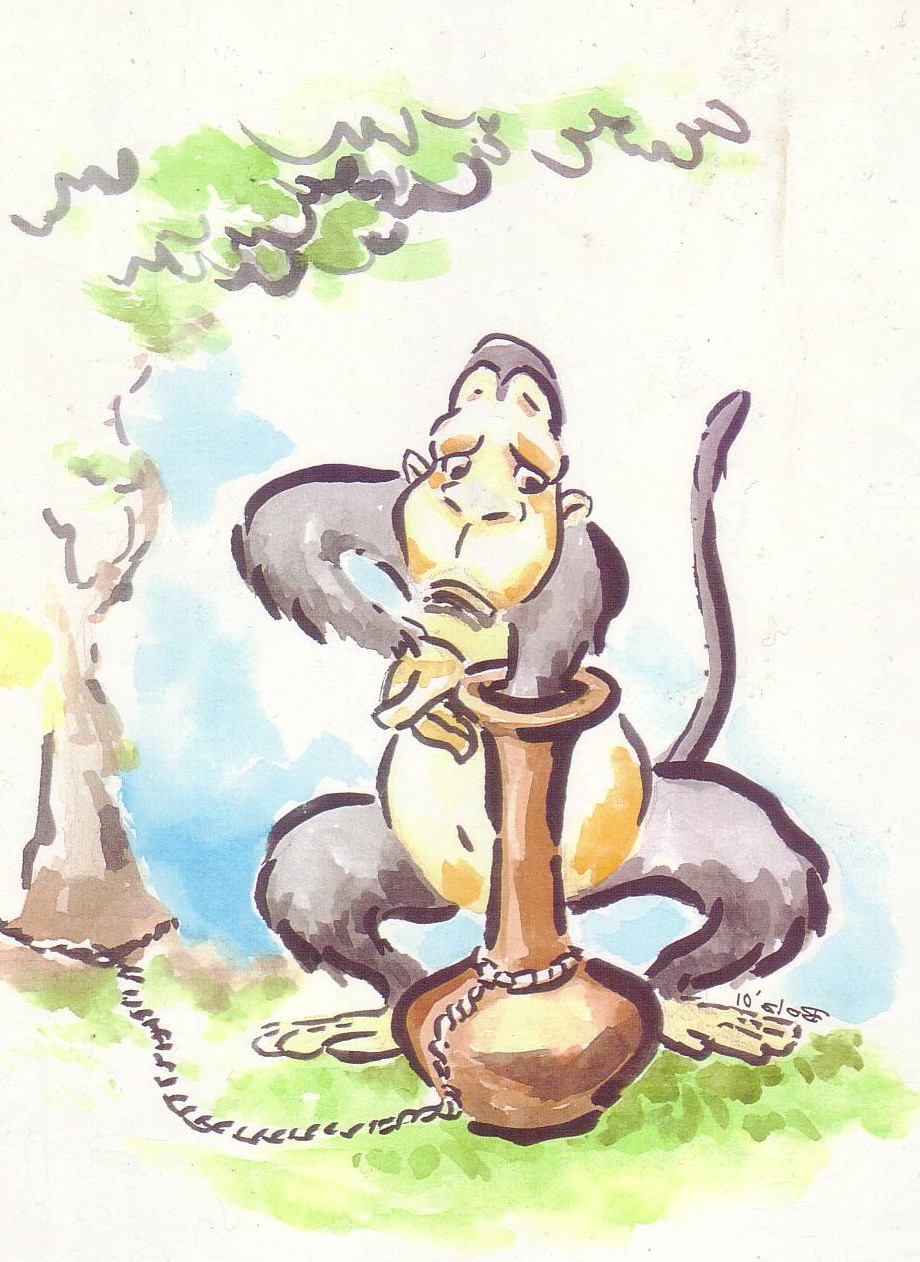UNFORGIVENESS: an emotional and spiritual impediment to healing and wholeness.
The presence of unforgiveness, and unresolved emotional issues, frequently comprise the most common and significant hindrances relating to the powerful emotional barriers along our “time-life line”. These emotive events we have experienced in our past, and/or present that have never been confessed or relinquished to God have power over our lives. Scripture records that ”If I regard iniquity in my heart the Lord cannot hear me!” (Psalm 66:18)
 By holding onto the anger, hate and revenge, it can turn, over the years, into bitterness, enmity, hatred and resentment. While the initial emotional response are frequently a spontaneous reaction to wounding, offence or injustice (Eph 4:26) holding on to them is not our prerogative or in the bests interests of our physical, emotional and spiritual health, or relationships both vertical and horizontal.
By holding onto the anger, hate and revenge, it can turn, over the years, into bitterness, enmity, hatred and resentment. While the initial emotional response are frequently a spontaneous reaction to wounding, offence or injustice (Eph 4:26) holding on to them is not our prerogative or in the bests interests of our physical, emotional and spiritual health, or relationships both vertical and horizontal.
We must give them to the Lord, (Eph 4:3 1). A simple prayer of confession and a release of the anger, resentment, etc., to the cross will allow a healing to take place. Occasionally, the seeker will be reluctant to release their anger; falsely believing the anger is a protection against further hurt. This is usually indicative of a significant lie in operation in their life.
Unforgiveness of Self:
People will frequently be able to appreciate the need to forgive others as discussed above. The greatest difficulty however is in being able to forgive oneself for mistakes of the past, and stop beating up on themself. Time and again in the course of Ministry with people, we can go through the previous steps, even with some hesitation or trepidation, but when it comes to forgiving oneself it seems to present itself as an almost insurmountable problem.
Despite the fact that people can accept the scriptural injunctions, "confess your faults one to another, pray one for another that you might be healed" (James 5:14); and "if we confess our sins, he is faithful and just to forgive us our sins and cleanses us from all unrighteousness" (1 John 1:9), they can accept the fact that God can forgive them unconditionally, however many people still struggle to be able to forgive themselves and not blame or beat up on themselves. Often we will hear people respond, "Well maybe God can forgive me, but I just can't forgive myself for being ....so foolish, so naive, not acted at the time, etc!"
We have reminded people that if God is forgiven them unconditionally, and they can't forgive themselves, they have actually put themselves in a higher position than God. We have observed grown men choking back tears, while others will still be unable to forgive themselves because there has been some continuing legacy arising from what they did or did not do. In one such situation, the family had lost their house through bankruptcy and maintained that because of their loss of their home and the subsequent impact on the family, the husband and father was unable and unwilling to forgive himself. Such a determination to never forgive oneself arises from a spoken vow and needs to be confessed, renounced and repudiated before God.
Unconfessed Sin.
Failure to disclose sins of the past can sometimes be a cause or contributing factor why some people may be unable to hear a response from the Lord. This is not a common cause for a lack of response but it can be a cause. This is particularly apparent in Christian seekers, that is, those who have been born again and Holy Spirit filled. Jesus does not seem to require confession from 'non-believers,' but He will expect His children to be honest and repent of any unconfined sin. If they are unwilling to do so, there may be limited success with the process from that point.
The Holy Spirit's Leading
Sometimes we need to be sensitive to the leading of the Holy Spirit giving us words of knowledge, words of wisdom or discernment. I'm reminded of a situation involving a woman whom we had seen on a previous occasion with limited success. The woman was accompanied by an older friend who was present as a prayer partner and support person. At the commencement of the session after we had opened in prayer I was silently asking the Lord in relation to any relevant issue. The word "abortion" came to mind. I asked the lady who was in her 40's whether the word abortion meant anything to her.
She appeared shocked and embarrassed, and I hastened to reassure her that I was not accusing her in any way, but that the word may relate to spiritual abortion over her life that had prevented her experiencing long-term relationships and finding a Christian partner or husband; or it might relate to some generation issue on her mother or father's side. I again sought the Lord for clarification and on this occasion got the word "abortions".
I spoke to her gently but firmly explaining to her what I believe the Lord had shown me. Looking nervously toward her friend she acknowledged that she "might have had one or two!"
I asked if I could lead her in a prayer of repentance, acknowledging what she had done in the past, to which she agreed. This then opened the opportunity to proceed with further Ministry.
The Monkey Trap:

Trapping smaller monkeys is a relatively easy occupation, and is achieved by setting up a snare exploiting a monkey’s curiosity.
A narrow necked ceramic/clay bottle with a bulbous bottom, similar to a Carafe, is tethered to a stake in the ground or a small tree using a vine or rope fastened around the narrow neck.
Various items such as nuts or firm fruit are put inside the bottle or vessel and left in locations where monkeys are known to inhabit. The monkey’s curiosity is aroused by the vessel and will put his hand into the jar to find what is contained, will grasp the bait and will attempt to remove them within their clenched fist. They are trapped by curiosity, and are unwilling to release the contents within their clenched fist. We might consider the monkey foolish, since to escape the trap, all they need to do is to release the bait! It may take a day or so for the one who set the snare in the first place to return to collect their prey.
We however are just as foolish as the monkey and ensnared just as easily as the monkey by one who would desire to take us as his prey. How-ever, not by the one who caused the offence. Our captor and adversary is the devil. The entrapment is unforgiveness directed against those who have wronged and offended us, or those close to us.
Paul writes to the Corinthian believers “Brothers we are not ignorant of Satan’s devices!” 2 Corinthians 2:11.The context is about unforgiveness and entrapment. Often when we are angered, insulted, offended, grieved or enraged by others, we will respond out of real or perceived injustice, betrayal and indignation with vows such as “I will never forgive that person as long as I live” and even “I can never forgive myself for being so foolish, naïve, gullible etc.”
The Lord’s instruction to us is forgiveness whether in the context of Lord’s Prayer (Luke 11: 1-4) or “Let not the sun go down on your wrath” (Ephesians 4:26) Paul advises us of the enemy who would ensnare us. Like the monkey, if we release what we are holding on too, we ourselves would be released from our wrong attitudes. As mentioned elsewhere we need to specifically surrender to God all vows such as “I can never forgive…..” (including self and others). God states clearly that “If I regard iniquity in my heart He cannot hear me!” Psalm 66:18.
Many people with whom we minister have either harboured conscious or sub-conscious attitudes toward others. Wrong attitudes may appear or feel justified in holding on to strong emotions such as anger, bitterness, bitter-root judgements*, resentment, rage and outrage, desire for revenge and or retaliation, and even murder. But all of these provide legal ground for the enemy to hold us captive, but also prevent God communicating with us.
(*Note: We are warned in Hebrews 12:15 "lest any root of bitterness springing up in you disturb you, and by it many are defiled")
One of the lies that we embrace is that if we forgive or release those that have despitefully used us, we will be an open prey or soft target for re-abuse or further exploitation. If we can but comprehend the truth, that by forgiving the perpetrator and confessing the wrong attitude to God, often choosing to do this purely as an act of our will, and surrendering our pain, unforgiveness, etc., to God, it will not only release us but also release Him to undertake resolution of the problem and provide protection for us as well. God assures us that “Vengeance is Mine says the Lord, I will repay,” and will deal with His enemies and ours. (Isaiah 59:18)
A psychologist once asked me in discussion about a mutual dissociative client, how she as a non-Christian secular psychologist could address this issue of forgiveness with her clients. She was aware that the mental health of her clients was dependent on her clients from abusive backgrounds being freed from unforgiveness toward their perpetrators and abusers. She recognised the keys, but was unable to present any philosophical base to justify her clients surrendering their emotional baggage. I shared with her is only through a personal relationship with Jesus Christ, that she could introduce her clients to the healer of the brokenhearted and address issues of unforgiveness.
She acknowledged she had been raised in a Christian environment, but now as an adult, she was in a defacto relationship that she knew was not conducive to a personal relationship with Christ and unwilling to consider change!
There are serious legacies and health issues that arise from hanging onto and failing to release unforgiveness toward others which may prove to have grave but also eternal consequences.